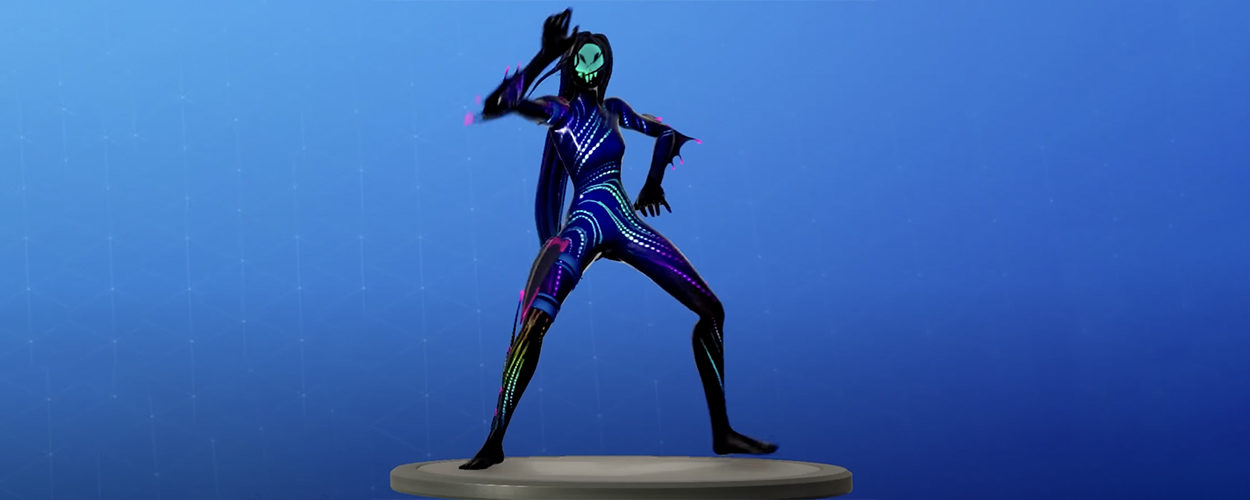This website uses cookies so that we can provide you with the best user experience possible. Cookie information is stored in your browser and performs functions such as recognising you when you return to our website and helping our team to understand which sections of the website you find most interesting and useful.
Artist News Business News Digital Legal
Charlie Puth choreographer appeals dismissal of emote lawsuit against Fortnite
By Chris Cooke | Published on Wednesday 1 February 2023

Choreographer Kyle Hanagami has asked the Ninth Circuit appeals court in the US to intervene in his dispute with Fortnite maker Epic Games over allegations it infringed the rights in one of his dance sequences via an emote it sold within the gaming platform.
Fortnite emotes allow gamers to have their in-game avatar move in a certain way. Choreography is protected by copyright and various people have accused Epic of exploiting their copyright protected movements when creating certain emotes. Though, in the main, legal claims in this domain have been unsuccessful. But Hanagami’s legal team reckoned his case was stronger than those which had gone before.
Hanagami accused Epic of lifting elements of a dance routine he created for the music video that accompanied the Charlie Puth song ‘How Long’, and then using them in an emote called It’s Complicated.
The gaming firm argued that the small number of moves its emote shares with the ‘How Long’ dance sequence were not sufficiently substantial to be protected by copyright in isolation. As with music, there has to be enough substance for a piece of choreography to be sufficiently original to enjoy copyright protection.
So, as with similar disputes in music, a key question in cases like this is: if somebody allegedly lifts a short segment of a dance sequence, is there a copyright claim? Given that short segment is unlikely protected by copyright in isolation
In its defence, Epic argued that had Hanagami sought to register that small number of moves alone with the US Copyright Office, rules routinely applied by that office mean the registration would have been rejected.
The judge overseeing the case agreed that “guidance from the Copyright Office suggests that the steps are unprotectable”, concluding: “There is no authority to suggest that plaintiff’s steps are protectable when viewed out of the context of the whole of plaintiff’s work. Indeed, the weight of authority suggests otherwise”. With that in mind the judge granted Epic’s motion to have the case dismissed.
But he was wrong to do so, says Hanagami in a new filing with the Ninth Circuit appeals court. According to Law360, that filing argues that the lower court’s analysis of whether or not the elements shared by the ‘How Long’ dance and the It’s Complicated emote are protected by copyright was “superficial”.
And, if the dismissal of Hanagami case was allowed to stand, the new filing goes on, “this would entitle choreographic works to only a thin layer of protection from potential infringers. This analysis ignores not only the expressive nature of choreography but also the economics of the modern world of short-form media on YouTube, Instagram/Facebook, TikTok and renders copyright protection for choreographers effectively useless”.
Given the use of notable choreography within digital platforms is only going to increase as the metaverse evolves, cases like this are very interesting. And so we wait with bated breath to see if the Ninth Circuit is willing to consider this particular dispute.





